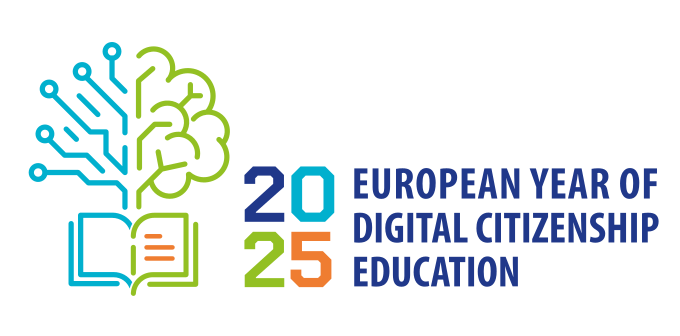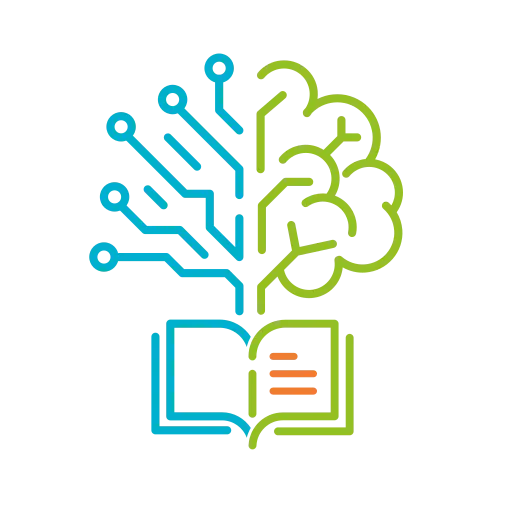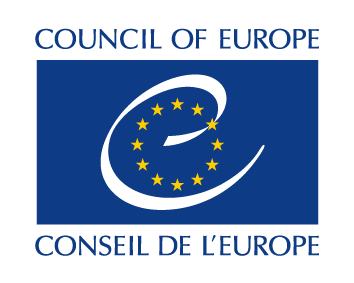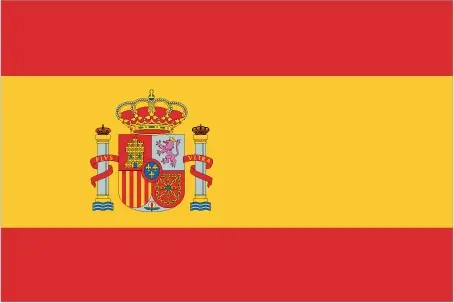Training on DCE to teachers and other professionals:
INITIAL
Initial training in Digital Citizenship Education (DCE) falls under the responsibility of universities. As institutions that prepare future educators and professionals, universities play a critical role in equipping students with the skills and knowledge necessary to teach and promote DCE.
IN-SERVICE
INTEF (National Institute of Educational Technologies and Teacher Training) offers professional development programs for teachers aimed at enhancing their digital competence. As part of this training, a key focus is placed on Digital Citizenship Education (DCE), ensuring that educators are equipped to foster responsible and critical use of digital technologies in the classroom. In addition to the programs provided by INTEF, the autonomous communities across Spain also offer their own training initiatives, which likewise emphasize the development of Digital Citizenship Education. wAll the autonomous communities have their own initiatives related to teacher training on Digital Competence, which includes training on DCE. wIn relation to the National Digital Competence Plan, one of its general objectives was to guarantee the acquisition of digital competencies by teachers and students at all levels of the educational system. A total of 18,875 training activities on teacher digital competence have been carried out, with DCE being part of the competence in Developing Student Digital Competence.
Translation and dissemination of DCE Recommendation:
The Digital Agendas (Digital Spain 2020, 2025 and 2026) emphasise the importance of digital literacy and education, including the development of Digital Citizenship Education (DCE) as a key element for empowering citizens in the digital era. The communication of DCE-related policies and recommendations has been integrated into government-led programs, public-private collaborations, and educational reforms. Various channels have been used, including official publications, educational programs, and collaboration with digital education stakeholders, ensuring that the DCE principles reach schools, educational institutions, and civil society organizations.
In this way, the government’s actions ensure that the DCE framework is promoted and implemented across various sectors, contributing to the broader objective of fostering a digitally inclusive society.
Some initiatives, among others, that directly related to DCE Recommendation of the Council of Europe were:
ETwinning projects developed in the eTwinning platform devoted to Digital Citizenship. These activities are directly connected to European School Education Platform initiative on Digital citizenship that is based on Council of Europe DCE handbook.
Course: Digital Citizenship, Citizenship and Digital Identity: Build a proper digital identity and navigate the internet safely.
Book: Citizenship and Digital Identity
TV programme: La Aventura del Saber: Digital Citizenship
MANIFESTO TO PROMOTE DIGITAL CITIZENSHIP. Signed on May 17, 2023
Generation D:
- Raise awareness in society on how to support projects and initiatives aimed at overcoming digital divides
- Train citizens in transversal digital skills and for employment
- Promote the certification of performance levels in digital skills.
tuCertiCyL: tuCertiCyL is a certification of digital skills for citizens of Castilla y León promoted by the Junta de Castilla y León. This certification is based on the European digital competence framework published by the Joint Research Center (JRC) of the European Union.



